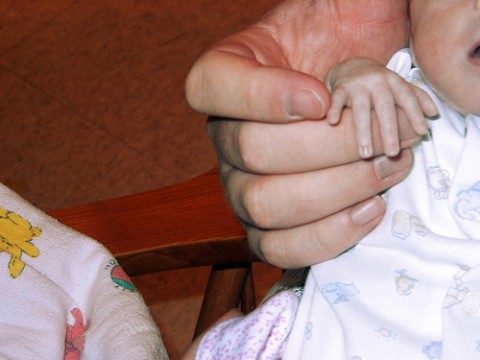Low-Birthweight Babies and Long-Term Health
It is well known that low-birthweight babies, defined as being below 4.5 lbs at birth, are at risk for developing a host of developmental and motor delays, and learning disabilities. A new study published in Pediatrics earlier this month found that these babies also have a five times higher risk of developing an autism spectrum disorder.

The study followed over a thousand low-birthweight children born in three New Jersey counties between 1984 and 1987. Some of these children were only a pound at birth. They were screened at various points through their life for different indicators of social, intellectual and behavioral abnormalities.
The kids were 2, 6, 9, 16 and 21 when they were evaluated, and were specifically screened for autism at age 16.
The Research Found
The researchers found that of the 623 children evaluated, 117 of them screened positive. When the children were reevaluated at age 21, they were only able to connect with 189 of the kids in the original study at age 16. Both kids in the group who were screened positive (70 of 117) and who screened negative (119 of 506) were given the autism diagnostic testing tools. Of those kids, 14 were officially diagnosed with an autism spectrum disorder. This is about 5% of the original population of low-birthweight babies, five times greater than that of the general population.
Autism is Diagnosed in Children
In most cases autism is diagnosed as a child, and not as an adult. The children in this study were diagnosed when they were much older, and had significantly higher intelligences then kids evaluated during other studies. This may be because of the increased numbers of kids being diagnosed with autism that would have previously been labeled as having mental retardation or a learning disability. It is also possible that low-birthweight babies just develop differently.